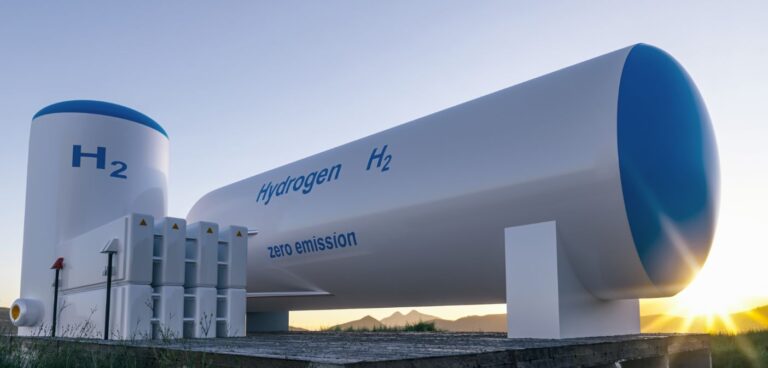Those behind the GenComm project, a Belfast Metropolitan College-led scheme focused on smart hydrogen energy solutions, have co-authored a new white paper with research group IZES gGmbH to call for more action from governments regarding the introduction of alternative powertrains to fight CO2 emissions.
The two recently published a white paper named Alternative Powertrains and the challenges to decarbonise the Transport Sector.
The publication points out that efforts and investments focused on alternative powertrains have been focused almost exclusively on the passenger car sector, causing a knowledge gap across other sub-sectors of the transport economy.
IZES gGmbH claims that heavy duty vehicles, maritime cargo ships and aviation combined represent almost the same amount of emissions that passenger cars release worldwide, and therefore warrant more attention than they currently receive.
In the new paper, the authors warn that the transportation sector may become the most polluting economy sector worldwide unless more action is taken to foster transition to alternative powertrains and clean synthetic fuels.
The paper supports turning the electricity generation sector away from fossil fuels to achieve the full potential reduction on emissions, which can already be seen with battery electric vehicles (BEVs) and green hydrogen-powered vehicles.
In terms of decarbonising aviation, the publication suggests that efforts to reduce emissions could be further improved if other vehicles directly tied to the airports, including shuttle busses and taxis, were more closely considered.
What’s more, it proposes another path to improving decarbonisation through the Iris programme from the European Space Agency, which aims to replace the traditional checkpoint-based navigation of modern commercial aviation for a satellite-based approach.
The two groups advocate for this, as it reportedly allows for improved routing and reduced flight congestions, which offers a potential reduction in fuel consumption of up to 10% for average European journeys.
Paul McCormack, programme manager, GenComm, said: “Whilst there are many opportunities there are many short-term challenges that need addressed.
“Clean Hydrogen [an EU partnership focused on encouraging new hydrogen-based technologies] will play an important role in the energy transition journey away from fossil fuels especially in mobility solutions, long-haul transport and maritime use.
“We need innovators delivering competitive hydrogen supply chains especially among end-users, delivering secure, resilient and sustainable clean energy solutions. “
Another potential alternative for curbing emissions from aeroplanes is the use of sustainable aviation fuels, thought the authors admit that aviation is itself a heavily-regulated industry.
Another focus of the white paper is the decarbonisation of maritime shipping, and the fact that maritime cargo ships are considered to be the transportation sub-sector that consumes the largest quantity of fuels worldwide. As a result, the International Maritime Organisation is aiming to set more restrictive rules to reduce CO2 emissions for this vehicle class.





